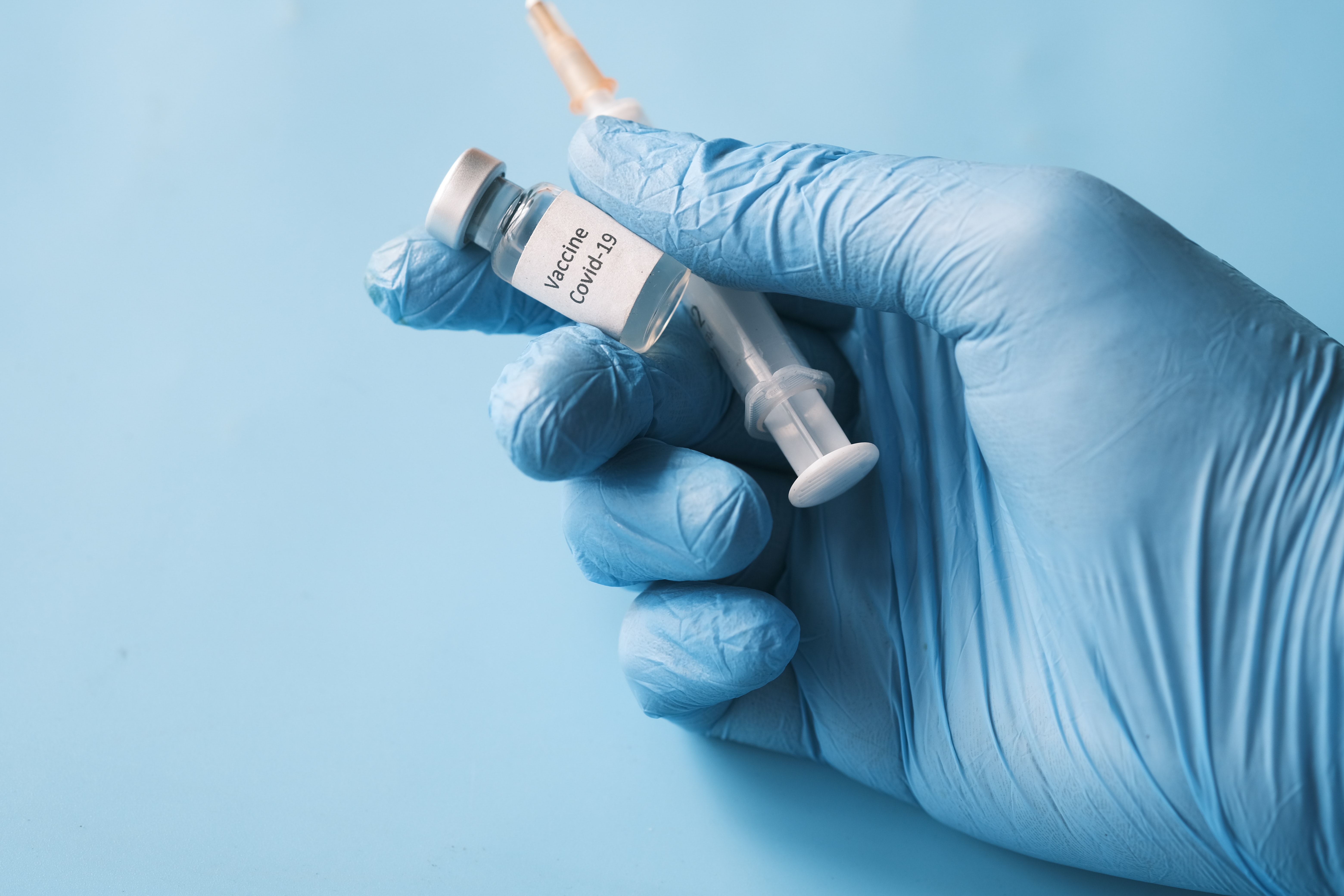Delay likely on WTO decision to extend IP waiver to COVID therapeutics
by Fabi Fugazza
The WTO’s Trade-Related Aspects of Intellectual Property Rights (TRIPS) Council has until next week (17 December) to decide whether a patent waiver on COVID-19 vaccines, introduced only in July 2022, will be extended to cover therapeutics and diagnostics. However, with many nations still umm-ing and ahh-ing and requesting further research/information, it seems that deadline may arrive and pass without any relief for developing countries which urgently need IP barriers to access to therapeutics and diagnostics to be removed.
Arguably, the current waiver on vaccines, implemented in July 2022 and running for another 4.5 years, is so watered down that even it is not enough to help developing countries comprehensively address current and future health challenges.
The current waiver excludes trade secrets – a critical aspect of IP where vaccines are concerned. While South Africa and India, with formal support from 63 other developing nations, originally petitioned the WTO for a TRIPS waiver on COVID-19 vaccines in October 2020, such relief was only forthcoming in July 2022, after Big Pharma had had a significant period to benefit from their monopoly on vaccine technology.
Noting such, it is often speculated that the opposition of the European Union (led by Germany), the U.K., and other rich countries (which harbour Big Pharma) to a waiver until 3 years into the pandemic was deliberate “stonewalling” – ensuring that any eventual decision to grant a waiver would have little to no effect.
Doing nothing to quell this speculation, the WTO has now continued to delay making a decision on whether the intellectual property (IP) waiver will be extended to COVID-19 therapeutics and diagnostics, for which discussions commenced in July 2022 when the vaccine-related TRIPS waiver was passed.
Diagnostics and therapeutics are essential tools, enabling a more comprehensive approach to fighting a pandemic that, importantly, is still ongoing. Omitting therapeutics and diagnostics from the already watered-down waiver only further hampers the overall international COVID-19 response.
To add insult to injury, on 8 December the U.S. advised that it would await the finalisation of a lengthy review by the United States International Trade Commission before their position on the matter could be finalised. These investigations can take up to nine months/a year to be finalised.
Earlier on, the United Kingdom, the EU, Singapore, Switzerland, Korea, and Japan had all decided that they wanted to see proof that IP barriers were preventing access to therapeutics and diagnostics before supporting an extension on the waiver (according to a Geneva-based trade official at a recent WTO meeting).
Both their collective position, and the position of the U.S. is arguably suspect, noting that the issue of the lack access to therapeutics and diagnostics has been before the WTO for 26 months, and it is only a week or so before the mid-December deadline that these nations are arguing that there are still many unknowns causing concern as regards access to therapeutics and diagnostics.
This delay enables Big Pharma to continue to reap rewards from less competition on related products, to their profitable benefit. The international market for COVID-19 treatments was worth $10.2 billion in 2021, and is slated to climb to $25.6 billion by 2030, according to a report by InsightAce Analytic.
The International Federation of Pharmaceutical Manufacturers and Associations (IFPMA) argues that any effort to waive IP rights for Covid-19 treatments would eliminate the incentives that companies have to invest in life-saving drugs in the future. The IFPMA persists with this argument even noting that at least nine people became new billionaires between the beginning of the COVID pandemic and early 2021, thanks to the excessive profits pharmaceutical corporations with monopolies on COVID vaccines are making, according to the The People’s Vaccine Alliance.
Before the most recent WTO meeting, civil society organisation active on the issue criticised the continual delay, pointing out that rich countries have secured almost three times the number of WHO-recommended COVID-19 medicine, Paxlovid, while “just a quarter of orders for the treatment will go to low- and middle-income countries (LMICs), despite the fact they make up 84% of the world’s population and have a much greater need as far fewer people are vaccinated against COVID, unlike rich nations which are largely protected,” said Oxfam and the People’s Vaccine Alliance in a media statement at the time.
The International Federation of Pharmaceutical Manufacturers and Associations (IFPMA) countered this by arguing to Health Policy Watch that “of the 105 lower-income countries eligible for COVID-19 treatments coordinated by the ACT Accelerator, very few countries have expressed an interest and barely a handful have so far placed very low volume orders.”
It may be that a lack of demand from low-income countries could be connected to an inability to test effectively, or an inability to fund proper roll-out of the drugs.
The looming deadline and well-off nations dragging their feet is not going unnoticed by developing nations either. A few days ago, on 6 December, Bolivia, Egypt, India, Pakistan, South Africa and Venezuela banded together to demand that the General Council immediately adopt the annexed decision.
The WTO calendar is yet to reflect the dates of the General Council meeting but it is hoped, likely in vain, that the General Council will still meet after the extension deadline on 19-20 December. If a decision is not arrived at soon, any potential benefit of any eventually approved TRIPS waiver on therapeutics and diagnostics could arrive with the almost muted fanfare of the previous TRIPS waiver, because similar to it, it will likely arrive providing too little relief, too late.
CILD is one of many civil society organisations advocating for nations to extend the TRIPS waiver to therapeutics and diagnostics, as well as opposing more recent discussions within the Council of the EU to allow transferable exclusivity vouchers as a mechanism to incentivise the development of new antibiotic drugs.





